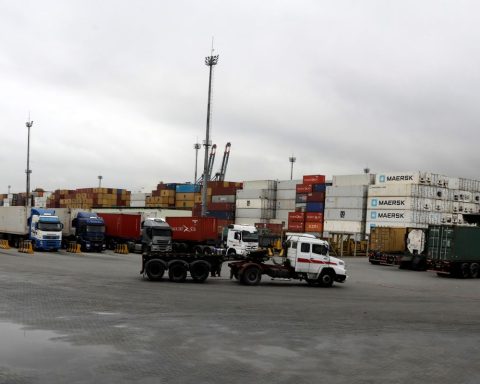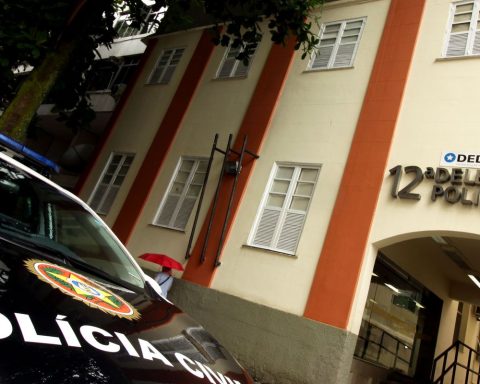GPS technology provides valuable data to optimize fuel economy and break bad driving habits.
Panama City, Panama. November 2021. In addition to its location and monitoring function, the Global Positioning System (GPS) has a number of qualities, from route optimization to driving data collection.
Fuel is one of the largest expenses for companies that transport goods or people, and even more so if we are talking about businesses that have a large fleet of vehicles, regardless of the commercial sector to which it belongs.
Proper administration and management of the fleet, through the incorporation of GPS, can generate savings of more than 20%. And it is that, obtaining information on the fuel spent at idle times, that is, when the unit is stopped and analyzing the traceability of the fuel consumed by the vehicles during their journeys, allows this reduction in costs.
Luis Diego Trejos, General Manager of Detektor for Panama, provides the following tips for efficient driving:
1. Plan the routes: GPS technology helps to optimize routes to avoid traffic and extra trips, this saves time and fuel. The driver will be able to reach the destination easily and quickly, achieving greater productivity and efficiency.
With Detektor you can know the location of the vehicle in real time, if it is complying with the programmed routes, if it is driving efficiently and even control if it is making unauthorized trips.
2. Maintain a constant speed: Speeding, sudden acceleration and unnecessary gear changes lead to increased fuel consumption. It is important to monitor the speed of drivers, which is appropriate to the road and weather conditions.
3. Avoid braking: Braking correctly saves energy and prevents damage to the vehicle. Take your foot off the accelerator and let the vehicle roll with the gear engaged, the engine will act as a brake and consumption will be zero.
4. Turn off the engine during long-term stops: Leaving the car idling consumes approximately 0.25 liters of fuel every fifteen minutes, which translates into unnecessary fuel consumption.
5. Check the condition of the tires: Adequate tire pressure will avoid wasting fuel and lengthen the life of your tires.
6. Close the windows: Open windows increase drag and fuel consumption. In addition, the use of air conditioning should be limited as it increases fuel consumption by up to 25%. (Or the windows or the air?) I think we contradict ourselves here … because you can’t go with the windows closed and without air …
7. Avoid overloading: The extra weight increases fuel consumption in vehicles.
8. Manage the fleet: GPS technology allows the fleet’s vehicles to be used in a more homogeneous way to keep them in equitable conditions, contributing to safe and efficient driving.
With the Detektor GPS solution, users obtain a fuel usage graph, giving them greater control over the vehicle fleet and providing them with key information to take measures to optimize fuel consumption.












